Proteins are often referred to as the building blocks of life, crucial to many functions of the body. But since our bodies do not store protein, it’s on us to make sure we’re consuming enough—at minimum, 0.36 grams per pound on a daily basis—which can be difficult on a vegetarian or vegan diet.
“We know that animal-derived foods are the highest source of protein, so it may be difficult to get enough protein from whole foods alone when on a plant-based diet,” says Jordan Rubin, a natural health expert and co-founder of health supplement company Ancient Nutrition. “However, there are some excellent plant-based protein food options and supplements available to help you maintain healthy levels.”
Everyone needs protein, too, because, overall and generally speaking, protein supplies energy; helps build muscle; increases stamina; supports a healthy weight; and builds new cells, tissues, enzymes and more in the body.
But not all plants—or plant proteins—are alike or the best to use as a protein source. Some plant proteins are made with conventionally raised plants filled with pesticides and other toxins such as GMOs.
That’s why it’s important to choose plant protein sources carefully. Here are some of our favorite plant proteins and seeds.
Try Ancient Nutrition's Plant Protein+

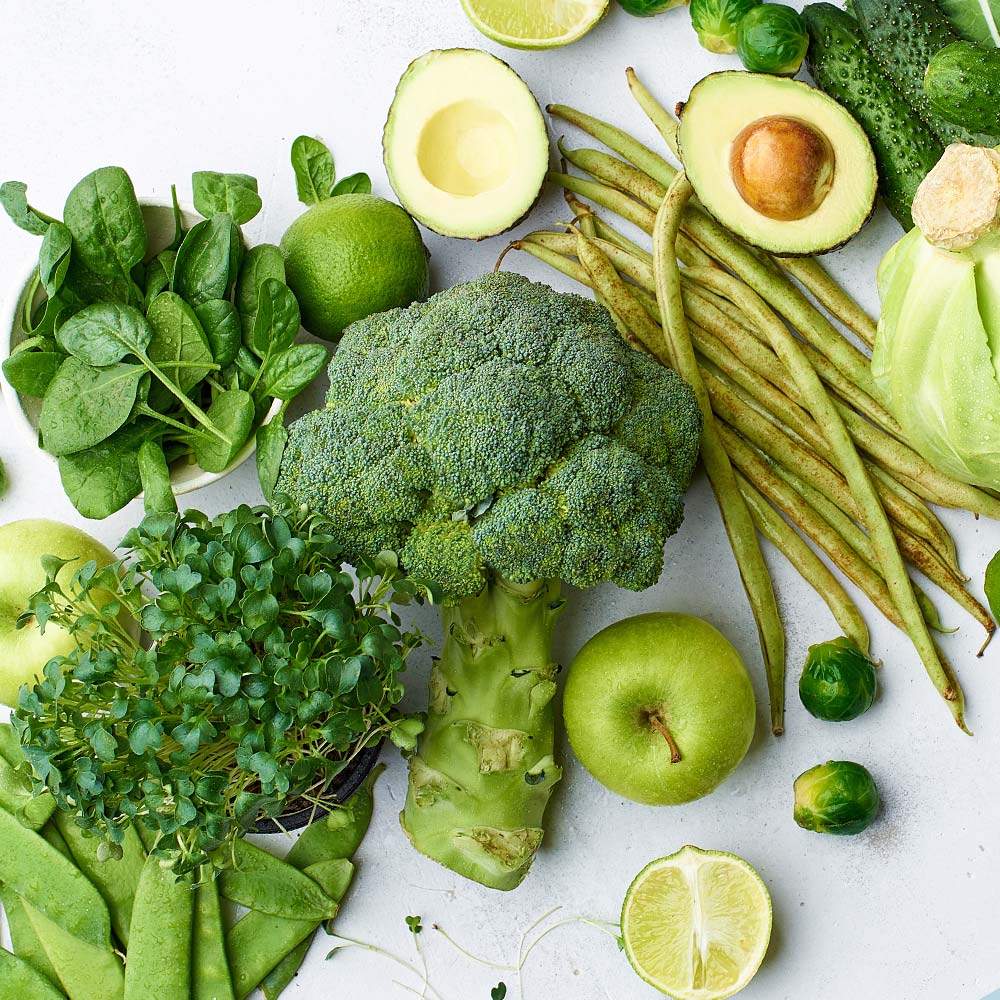
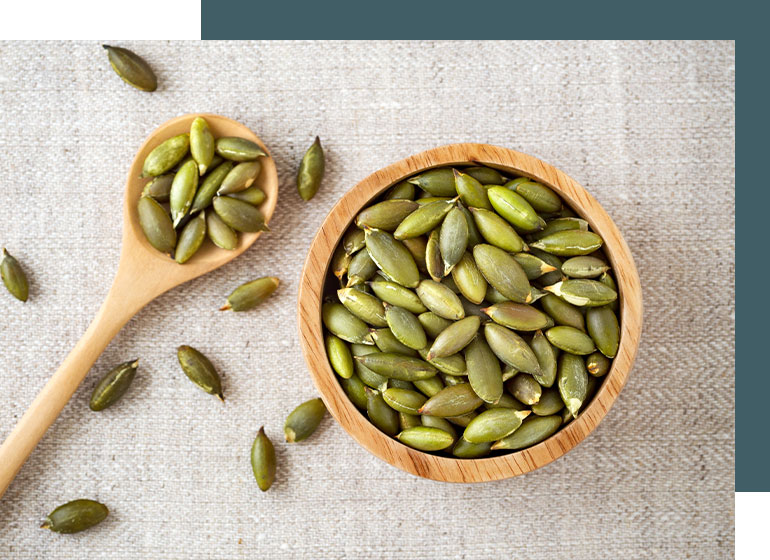
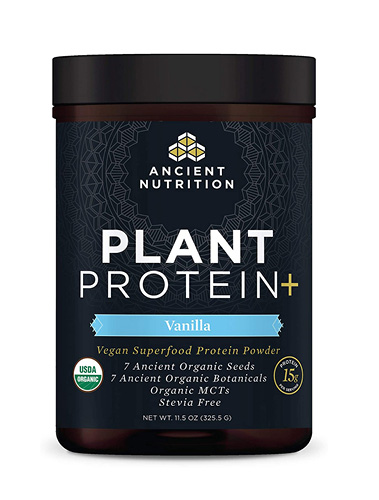
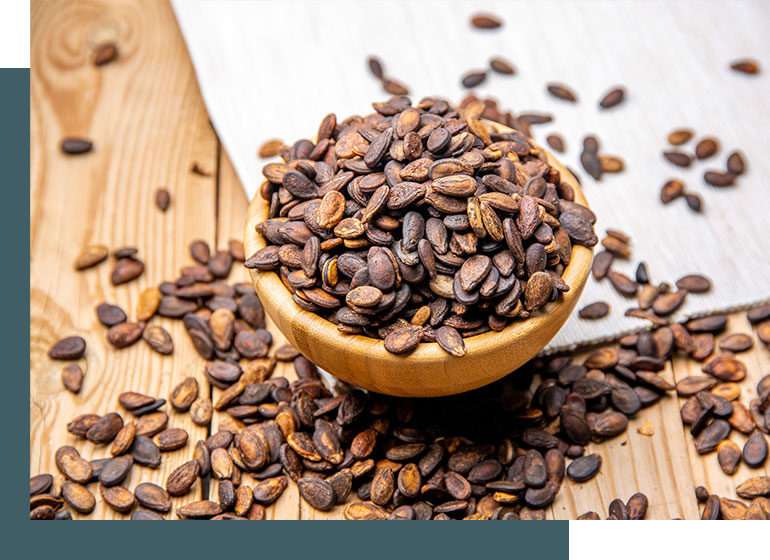
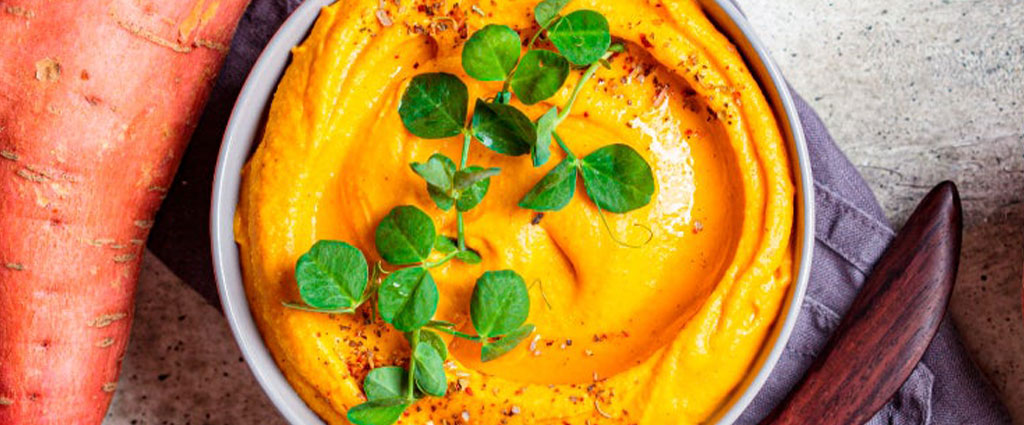
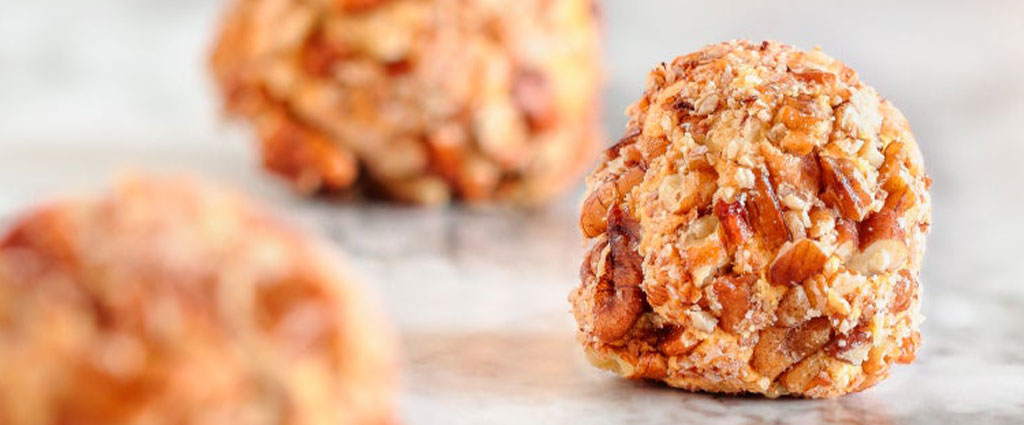
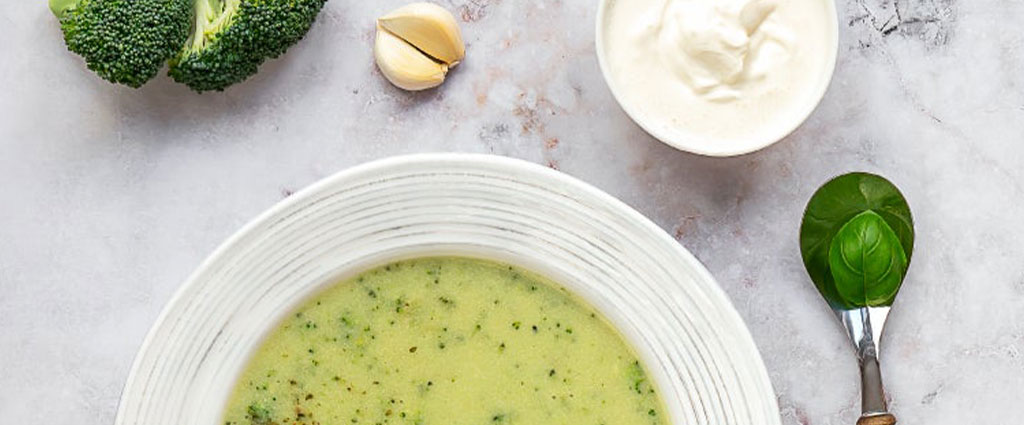
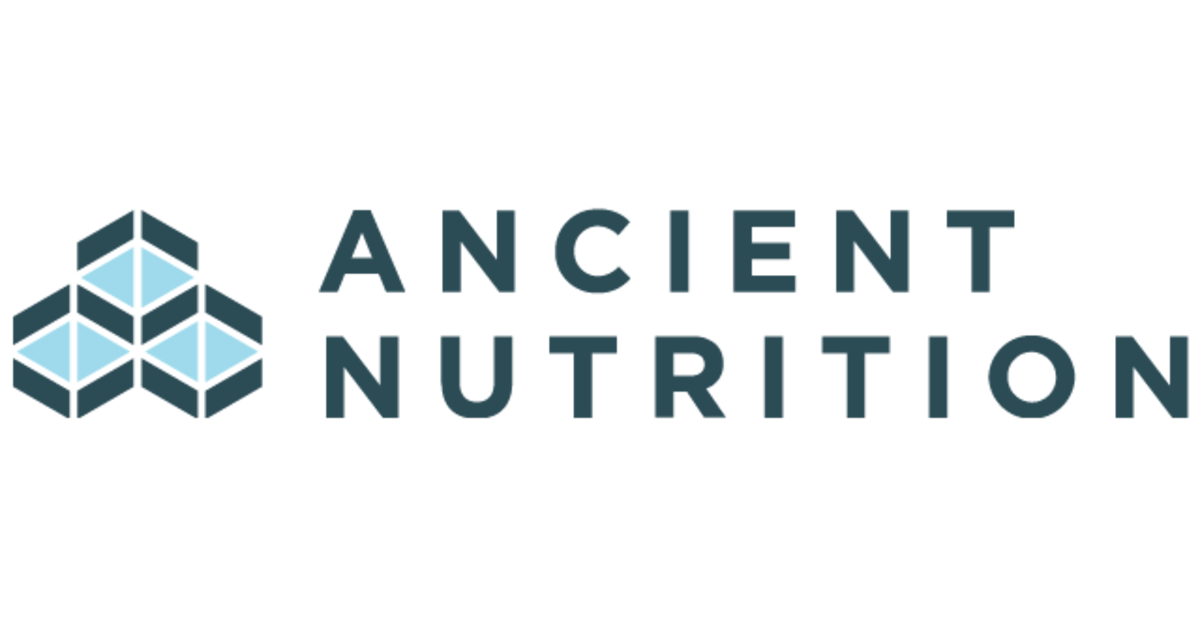
Share this Post